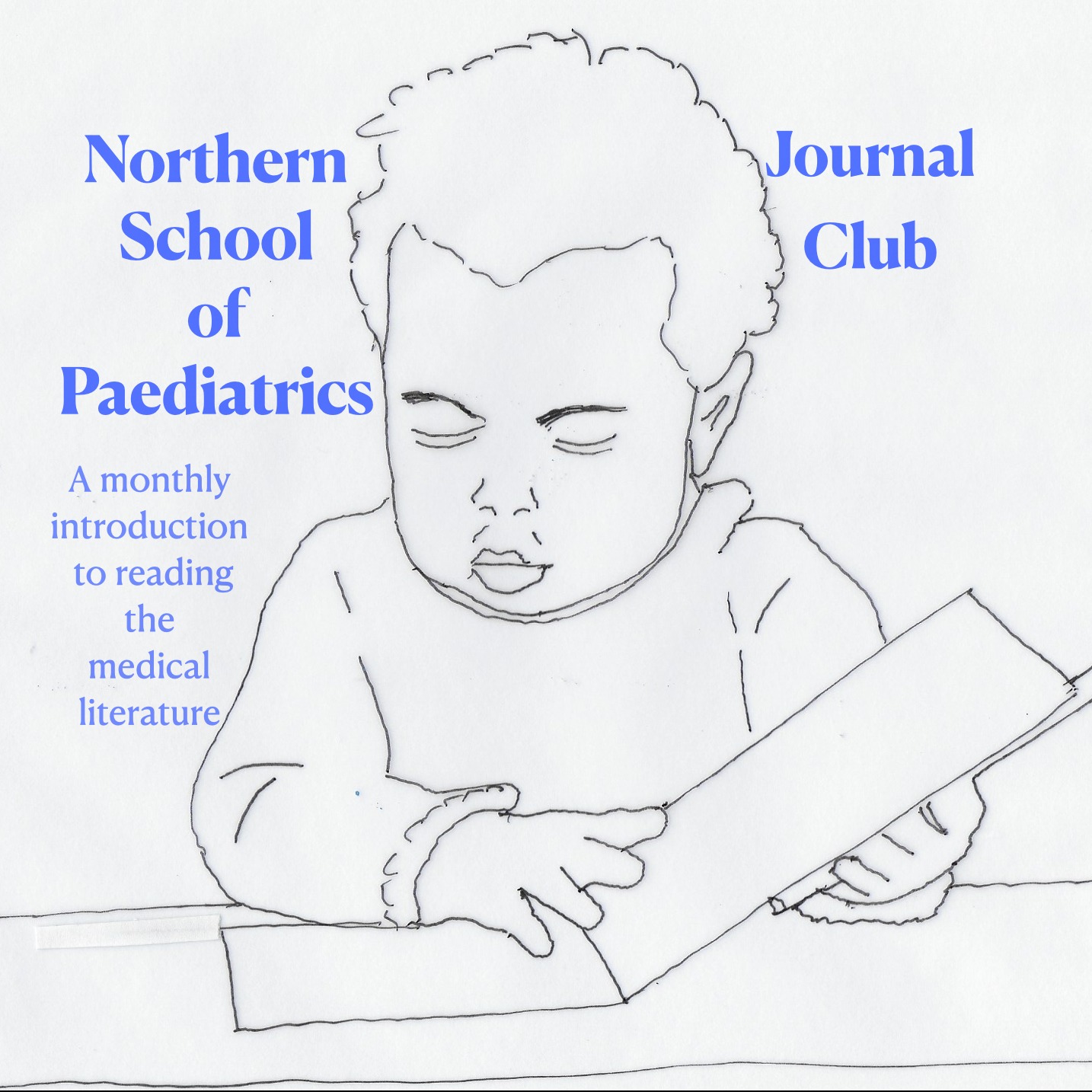Episode 2: Remdesivir update, Systematic reviews and Meta-analysis
34m | Aug 19, 2020Following on from the first episode a number of trainees and trainers in the school were involved in discussion about the journal club and how it could work most effectively. As a result we have come up with following structure to our Journal Club.
Recommended text: “How to read a paper: the basics of evidence based medicine and healthcare” by Prof Trish Greenhalgh (2019) Wiley-Blackwell (e-book ISBN: 978-1-119-48472-1 , paperback ISBN: 978-1-119-48474-5) We are recommending a text to support the journal club, because it has stood the test of time and is well evaluated. Trish Greenhalgh is a professor in primary care at Oxford University and a recognised leader in the field of evidence based practice. Her book has recently been updated to a sixth addition. It is designed to be an introduction to critical reading of the medical literature and use of critical skills in evaluating evidence to answer clinical problems. It is available as a paperback around £30 but is also available for around £18 in e-book format which can be read on the free kindle app which can be downloaded. This has the added utility that you can cut-and-paste selections of the material, create flashcards, make notes - which would make useful reflective notes for exam preparation, Continuing professional development or training portfolios.
A curriculum of sorts: The plan will be to use the different sections of the Greenhalgh book as a form of curriculum for the journal club that can run over about a two year period in support of the activities that are undertaken. The plan is not to slavishly follow the book but to use different sections in chapters to underpin the paper being considered each month. For episode 2 the following sections are particularly relevant:
Chapter 2 Searching the literature 16 - 22 & 27
What are you looking for? 17
Levels upon levels of evidence 18
Synthesised sources: systems, summaries and syntheses 19
Pre‐appraised sources: synopses of systematic reviews and primary studies 22
Exercises based on the chapter 27
Chapter 9 Papers that summarise other papers (systematic reviews and meta‐analyses) 117 - 133
When is a review systematic? 117
Evaluating systematic reviews 120
Meta‐analysis for the non‐statistician 125
Explaining heterogeneity 130
New approaches to systematic review 132
Exercises based on the chapter 133
Hosts: Each session will be co-hosted by 2-3 trainees: as main presenter and analyst. The co-hosts for the following club will be decided before each event. This month Jamie Slack and Amy Bonavia are co-hosts, with an introductory review of further work on Remdesivir presented by Ina Schim van der Loef. Ref: Beigel JH, Tomashek KM, Dodd LE, et al.
Remdesivir for the treatment of Covid-19 — preliminary report.
N Engl J Med.DOI:10.1056/NEJMoa2007764
https://www.nejm.org/doi/full/10.1056/NEJMoa2007764
Training in critical appraisal/evidence based reading: The first half of each session may incorporate review of outcomes from the previous meeting where appropriate, but will focus mainly on review of an aspect of critical appraisal in the broadest sense. This will aim to cover aspects of critical appraisal of general value but also of relevance to the paper being considered that month.
Paper for pre-reading and analysis: Each month the co-hosts will choose a paper for the next meeting. This will be chosen to illustrate a particular aspect of critical /evidence-based reading. That will be the basis for the next pair of hosts to lead the subsequent journal club.
Critical Appraisal Tools (CAT): Where possible we will provide links to critical appraisal tools. These are intended to aid analysis of the given paper in a structured manner. For episode 2 there is a CAT for systematic reviews which can be accessed via the following link: https://www.cebm.net/wp-content/uploads/2019/01/Systematic-Review.pdf
Information: We will wherever possible provide links to articles for consideration, plus an appropriate template for undertaking a critical appraisal of the paper. Some journal articles may not be available for free without specific access to that journal or via a institution login. Occasionally there will be supporting information relevant to aspects of the following month’s journal club. There will be links to the relevant sections of the Greenhalgh book to focus on in a particular episode, plus any other activities relevant to the first half of the journal club ( eg undertake a search of a database, create a clinical question, undertake a power calculation)
Opinions expressed in this podcast are based on the principles of evidence based medical practice, but are the individual's opinions and not those of the School of Paediatrics. Listeners are strongly advised to come to their own conclusions, based on the evidence.
